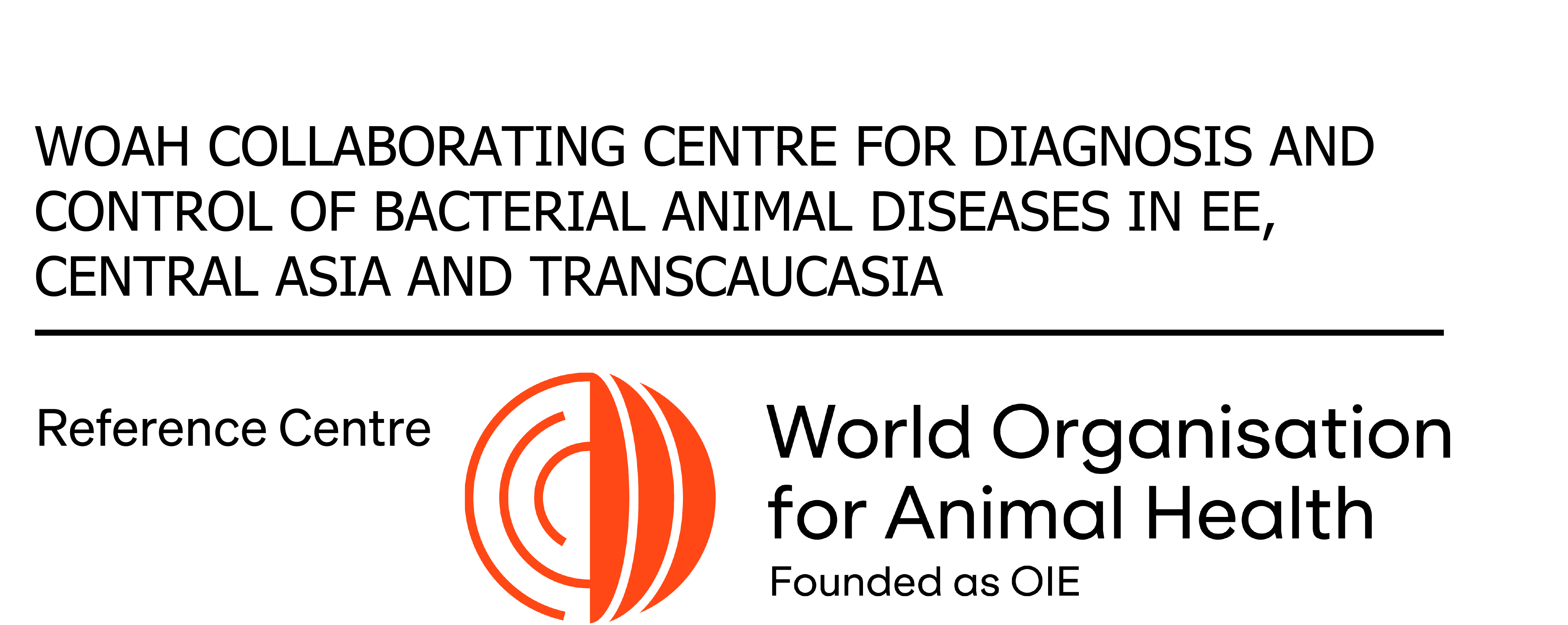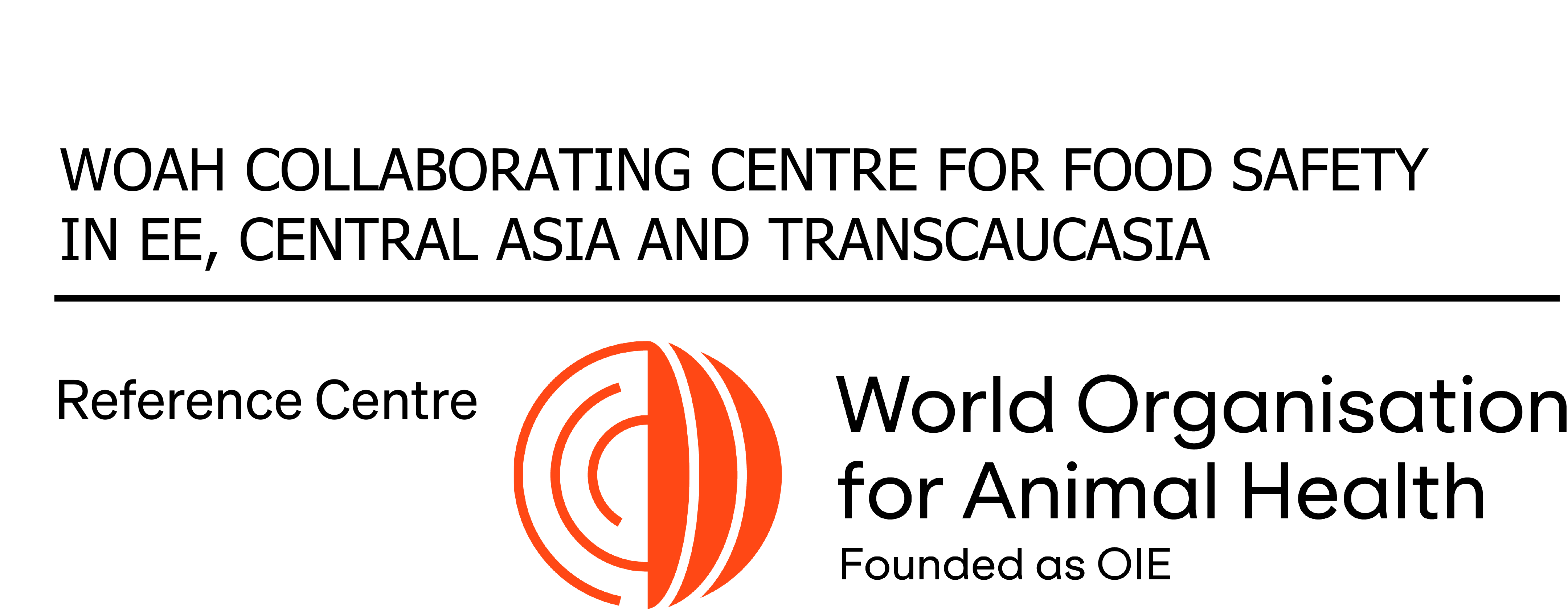VGNKI IS DEVELOPING ADVANCED ANALYTICAL SOLUTIONS FOR PESTICIDE MONITORING
Researchers at the Russian State Center for Animal Feed and Drug Standardization and Quality (VGNKI) have launched a three-year research project to develop methodical support for monitoring residual pesticide levels in feed raw materials and livestock products. The project will be carried under a government mandate.
The key objective of the project is to investigate the mechanisms of pesticides migration into plant raw materials, their accumulation and transformation within them, and to assess their migration into products of animal origin. During the first stage, running through 2025, VGNKI specialists are concentrating on the analysis of pesticides’ transformation in feed crops and on developing advanced analytical approaches which combine the use of liquid and gas chromatography with mass spectrometry, including the high-resolution techniques.
The relevance of the topic is determined by an extensive use of pesticides in agriculture and documented cases of their levels exceeding the established limits in both raw materials and finished products. As of today, more than 1200 insecticide, acaricide and herbicide preparations are registered in Russia, and some of them are present in the international lists of controlled substances. Some of these compounds persist in the environment, accumulate in plants and animal tissues, and display toxicity even at trace concentrations.
The research covers a wide range of active substances: from glyphosate and malathion to imidacloprid and deltamethrin. Particular attention is paid not only to pesticides themselves, but to the products of their transformation, which can be just as toxic as the parent compounds. In addition to examining the migration and stability of these substances in agriculture feed crops, the research also assesses their ability to accumulate in animal tissues.
Developing accurate and cost-effective analysis methods is of a significant value for the quality control system of feeds and food raw materials. The research results are expected to provide a foundation for introduction of new methods into the laboratory practice.
The Centre's work in this area contributes to enhancing the biosafety of products of animal origin and to developing scientifically grounded approaches to pesticide control all across the agro-industrial complex.





